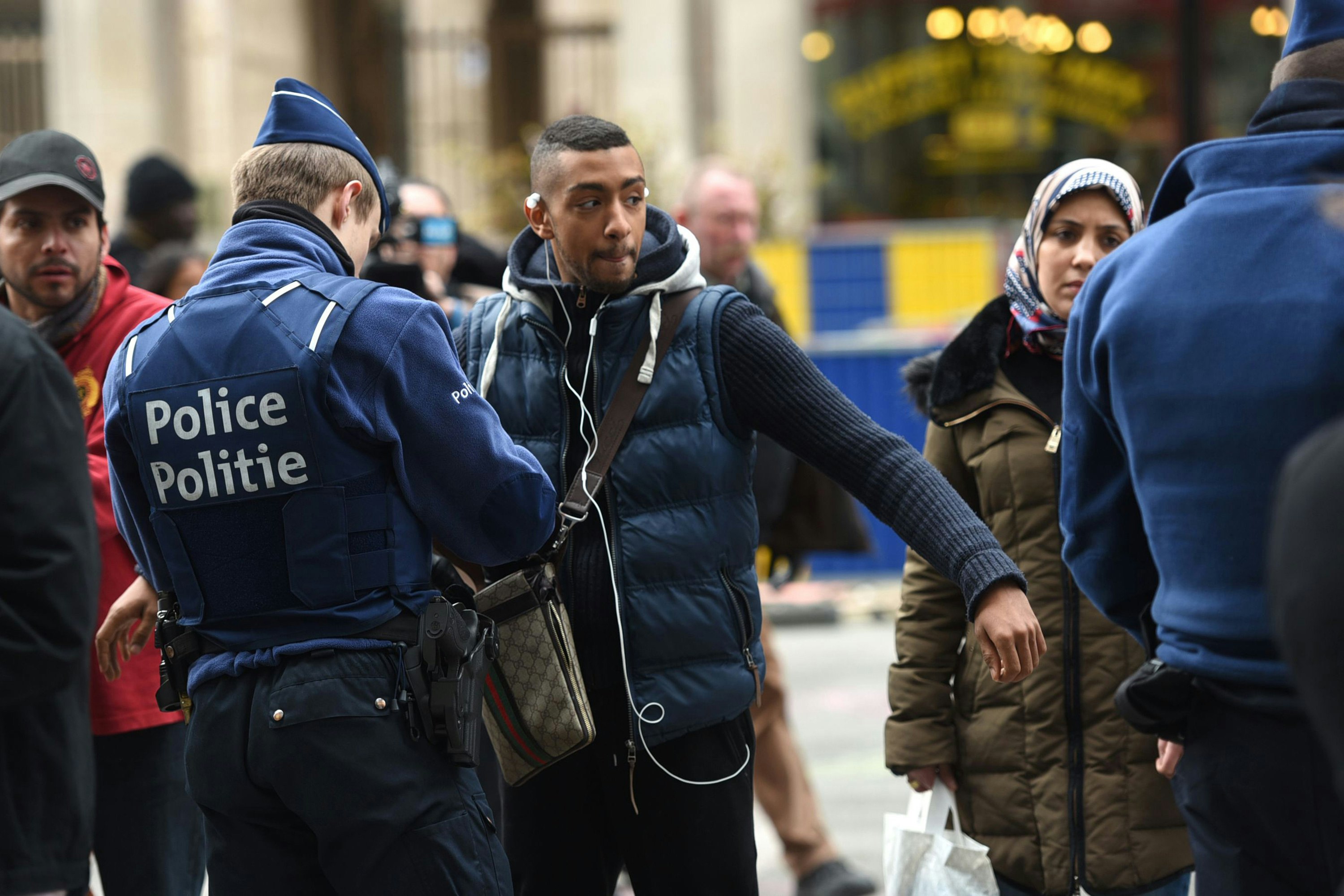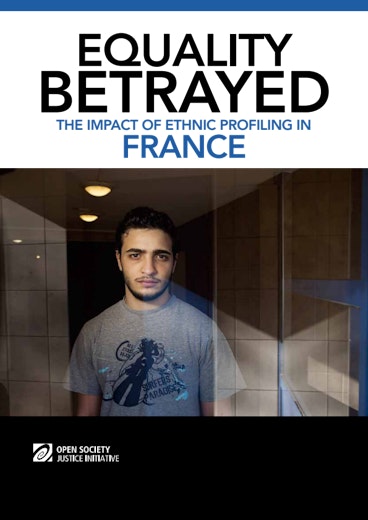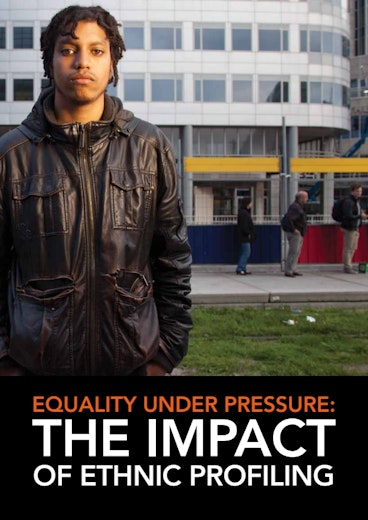Zeshan Muhammad v. Spain
Ethnic Profiling in Spain
Ethnic profiling by law enforcement officers continues to be a persistent and pervasive practice throughout Spain, particularly in the context of immigration control. In 2009, the UN Human Rights Committee rejected this practice as unlawful discrimination in the Rosalind Williams v. Spain case. Despite this, it appears that the Spanish Constitutional Court’s discriminatory assumption that Spanish nationals could only be white, made in the 2001 decision leading to the UN case, remains the official doctrine.
While Spain has increasingly become a multiethnic country, national and international human rights oversight bodies and civil society organizations have repeatedly reported Spanish police forces’ use of racial or ethnic features as the sole basis to decide whether to conduct identity checks in order to detect undocumented migrants, which amount to discrimination. In other words, Spanish nationals and documented migrants belonging to an ethnic minority are commonly perceived as foreigners and repeatedly stopped for immigration checks as a result. Despite the efforts of some law enforcement officials to eradicate the practice of ethnic profiling, the unfettered stop-and-search powers granted to the police by the Public Security Law, compounded by the lack of any police oversight mechanism, among other factors, have been obstacles to bringing this discriminatory practice to a halt.
Facts
Zeshan Muhammad is a young Pakistani who has lived and studied in Spain since he was an adolescent. He currently holds a long-term residence permit that allows him to live and work in Spain indefinitely, under the same conditions as if he were a Spaniard. In May 2013, Muhammad and a friend of his, both with ethnic features different from the white Spanish majority population, were stopped in the street by National Police officers who requested them to show their ID cards. Muhammad and his friend immediately showed their IDs, and Muhammad respectfully asked what the reason for the ID check was. The officer referred to the color of Muhammad’s skin to explain the reason behind the ID check. The police did not stop or request the ID of any other person belonging to the white majority population.
Open Society Justice Initiative Involvement
The Open Society Justice Initiative has assisted Zeshan Muhammad in the filing of an administrative claim within the Spanish legal system, and in preparing his application to the European Court of Human Rights. SOS Racisme Catalunya, an organization based in Barcelona that has been fighting racism for 25 years, is working jointly with the Justice Initiative in this case.
Arguments
Spain’s treatment of Muhammad violates a range of provisions of the European Convention on Human Rights:
The police stop of Muhammad was discriminatory. The stop suffered by Muhammad was a violation of the right not to be subjected to discrimination on grounds of race, colour or ethnic origin (Protocol 12 of the European Convention on Human Rights).
Violation of the right to private life. The discriminatory identity check that Mr. Muhammad had to endure compounded by the fact that it was conducted in public view and in an undignified manner, humiliated and embarrassed him, and contributes to the stereotyping of his ethnic group, which amounts to a violation of Muhammad’s right to respect for private life, a breach of article 8 of the European Convention on Human Rights.
Violation of the right to a fair hearing. There were numerous irregularities in the proceedings through which the applicant sought compensation for ill-treatment by state agents, which rendered the process unfair, infringing Muhammad’s right to a fair hearing under article 6 (1) of the European Convention.
A deeply divided European Court of Human Rights found by four votes in favor and three against that there was no violation of the prohibition of discrimination.
A deeply divided European Court of Human Rights finds by four votes in favor and three against that there was no violation of the prohibition of discrimination.
The Justice Initiative submits observations in reply to the Government’s observations, makes a requests for just satisfaction and general measures pursuant to Article 41 and Article 46 of the ECHR.
The European Court of Human Rights (ECtHR) communicates the case to the Spanish Government under Article 8 read alone and in conjunction with Article 14 of the Convention and Protocol No. 12 to the European Convention on Human Rights (ECHR). The claim under Article 6 is found inadmissible. The Court requests that the Government to submit a statement of facts together with their observations by April 13, 2018.
An application is filed before the European Court of Human Rights.
In a three-line decision, the Constitutional Court finds that the case has no constitutional relevance and declares it inadmissible.
An application for protection of constitutional rights (amparo) is filed with the Constitutional Court.
The High Court dismisses Muhammad's request for review.
A request for review of judicial decision on grounds of nullity is filed with the High Court of Spain.
The Audiencia Nacional dismisses Muhammed's claim.
The Court hearing takes place.
Muhammad institutes administrative judicial proceedings (procedimiento contencioso-administrativo) against the Ministry’s dismissal of his administrative claim before the Audiencia Nacional administrative court.
The Ministry dismisses the claim.
Muhammad files an administrative claim for damages (reclamacion por responsabilidad patrimonial del Estado) with the Ministry of Interior.
Zeshan Muhammad is stopped by a police officer in the vicinity of Barcelona’s harbor and asked for proof of identity. The next day, Muhammad lodges a criminal complaint against the police officers with Barcelona’s investigating judge on duty.
Related Cases
Seydi and others v. France
Racial profiling by the police is pervasive in France. This case argues that the application of Article 78-2 of the French Criminal Procedure Code violated numerous fundamental rights and freedoms.
Williams v. Spain
With Women’s Link Worldwide and SOS-Racismo Madrid, the Open Society Justice Initiative filed a complaint to the United Nations Human Rights Committee on behalf of Rosalind Williams regarding a case of racial profiling by a Spanish police officer.
Related Work
Data Alone Won’t Stop Ethnic Profiling
While many police officers in Belgium recognize that ethnic profiling is real and harmful, acknowledging the problem is only the beginning. It’s time for law enforcement to move beyond words and make concrete policy changes.

Equality Betrayed: The Impact of Ethnic Profiling in France
French police checks disproportionately target young men of North African and Arab origin: read first hand accounts of the human cost and the damage done.

Equality Under Pressure: The Impact of Ethnic Profiling in the Netherlands
The Dutch pride themselves on being members of an open, tolerant, and fair society. But for a growing number of people in the Netherlands, this ideal is being put under pressure by proactive police actions.
